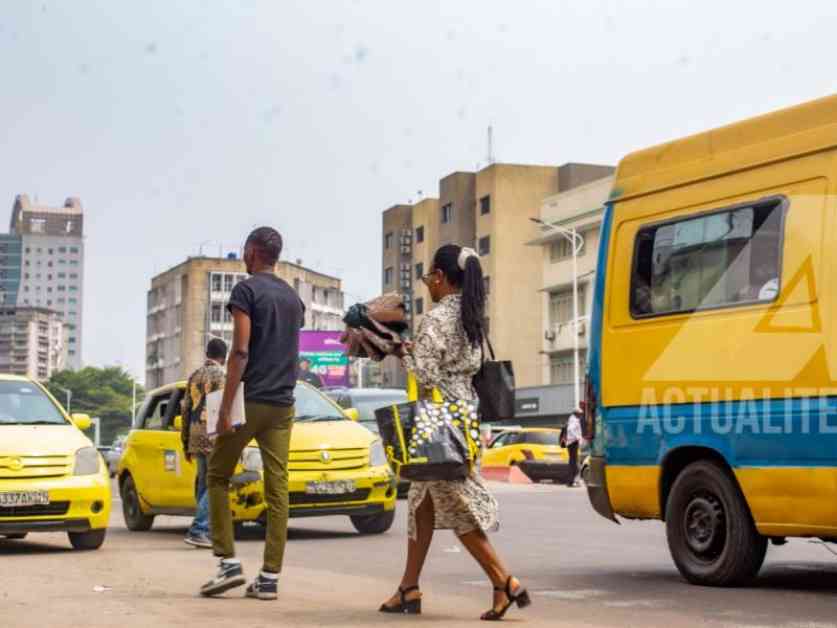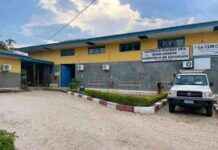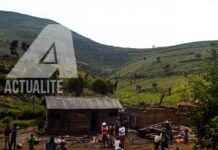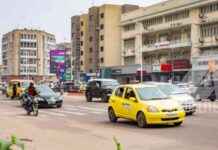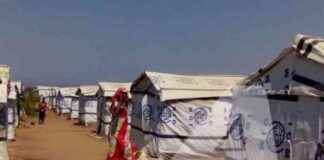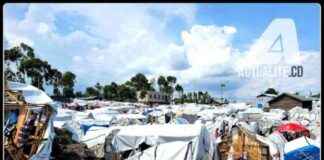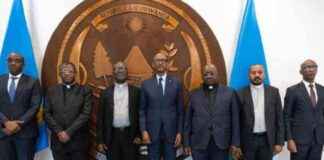Government of Kinshasa Introduces New Public Transport Fare Structure
The provincial government of Kinshasa, through the Ministry of Transport and Urban Mobility, has announced a new fare schedule for public transportation in the Congolese capital. This move aims to address the disorder in the sector, particularly the arbitrary pricing by drivers and conductors, as well as the practice of “half-terrain.”
The new fare structure specifies the amounts passengers must pay for different routes across Kinshasa. From Liberty Market to Kingasani (Pascal), Kingasani ya Suka to Mikonga/Bibwa costs 500 FC; Kinkole commune is 1000 FC; N’sele is 1500 FC; Maluku and Menkao are both 2000 FC. Starting from Central Market to Kingasani ya Suka costs 1500 FC; Kimbanseke and Ndjili Sainte Thérèse are both 1000 FC; Masina Petro Congo and Matadi Kibala are priced at 2000 FC.
Enforcement of the New Fare Structure and Measures Taken
To ensure compliance with the new fare grid, the governor has outlined a series of measures in the same decree. These include mandatory display of fares and routes inside vehicles in letters at least 10cm tall, passengers only paying the set price, drivers prohibited from carrying passengers in the trunk, a strict limit of four passengers per taxi, and a ban on practices like splitting routes. Violators will face fines ranging from 50 to 100 dollars.
Despite the implementation of this new fare structure, the question remains whether drivers will adhere to it. Previous attempts to regulate fares have faced challenges due to fluctuating prices based on time and location, causing distress among the population. Drivers often justify fare increases due to poor road conditions in Kinshasa, highlighting the ongoing struggles in the transportation sector.
Challenges in Kinshasa’s Transport Sector
Kinshasa’s public transport system presents a daily challenge for its residents. With inadequate infrastructure and a growing population, commutes are often long and arduous. Coupled with massive traffic jams and unjustified fare hikes, the burden on residents is substantial.
The President of the Provincial Assembly of Kinshasa, Levi Mbuta, has criticized the disorder in the transport sector, where pricing is arbitrary despite government directives on fuel price reductions. Urgent action is needed to restore order and alleviate the hardships faced by Kinshasa’s residents.
In conclusion, the introduction of a new fare structure in Kinshasa’s public transport system is a step towards addressing longstanding issues in the sector. The enforcement of this structure will be crucial in ensuring fair and consistent pricing for passengers, ultimately improving the commuting experience for millions of Kinshasa residents.
**Clément MUAMBA**
